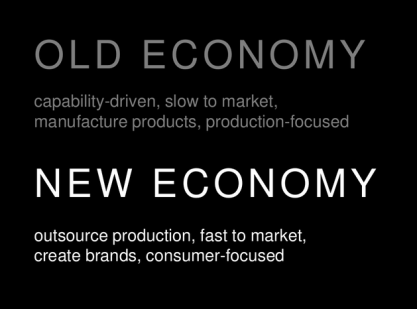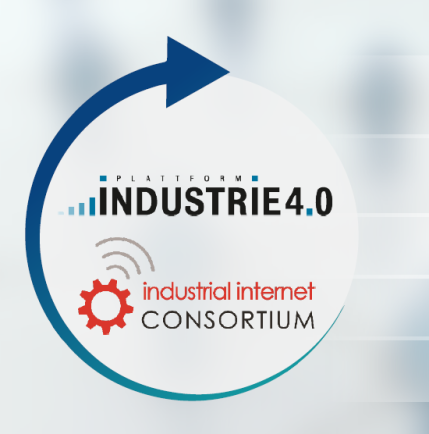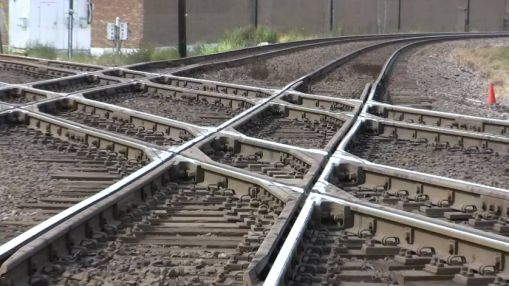
I wrote a four part series on cross-sector innovation ecosystems in April and I felt it was worth summarizing these into one, so I engaged my new office partner, ChatGPT to deliver this in a series of summaries. I can’t argue with these and decided to post these as a valuable initial referencing point on a growing area of organization need, in cross.-sector collaborations innovation ecosystem thinking.
The four-part series on cross-sector innovation ecosystem collaborations emphasizes the importance of collaboration in tackling complex challenges. The series discusses the skills, tools, and processes required for successful cross-sector collaborations, including interdisciplinary thinking, co-creation processes, project management, cultural competence, intellectual property management, and data analytics and visualization tools.
Continue reading In
In  We are all moving from the simple digitalization (3rd Industrial Revolution) to innovations based on multiple combinations of technologies, ushering in increasingly the 4th Industrial Revolution.
We are all moving from the simple digitalization (3rd Industrial Revolution) to innovations based on multiple combinations of technologies, ushering in increasingly the 4th Industrial Revolution. Paul and I have been writing mostly about ecosystems and platforms in the abstract to date, not spending a lot of time talking about specific companies or industries.
Paul and I have been writing mostly about ecosystems and platforms in the abstract to date, not spending a lot of time talking about specific companies or industries. Digital technology is about to become the precursor for all the changes we have put off for years within our organizations.
Digital technology is about to become the precursor for all the changes we have put off for years within our organizations.